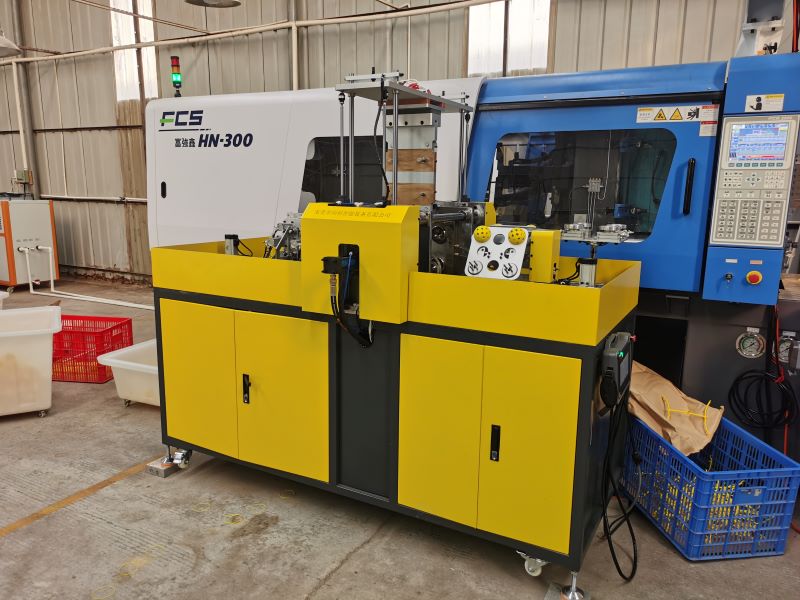Pickleball, one of the fastest-growing sports worldwide, demands precision and quality in its equipment. To meet this need, manufacturers have turned to high-speed pickleball welding machines. These machines ensure consistency and precision in production, significantly improving the quality of rackets and balls while enhancing the user experience.
Advantages of High-Speed Pickleball Welding Machines
1. Superior Consistency and Precision
A high-speed pickleball welding machine uses advanced automation to deliver unmatched consistency during production. Unlike manual methods, these machines eliminate variations in welding quality.
· Even seams: Ensure a smooth and seamless finish on balls or rackets.
· Precise alignment: Guarantees accurate positioning, critical for balanced rackets and aerodynamic balls.
This precision not only enhances the aesthetics of the equipment but also improves performance during gameplay.
2. Reduced Human Error
Automation technology in pickleball welding equipment minimizes human involvement, reducing the likelihood of errors.
· Machines operate with repeatable accuracy, ensuring each product meets exact specifications.
· By automating complex tasks, manufacturers can eliminate inconsistencies caused by fatigue or manual mishandling.
This shift to automatic welding machines for sports manufacturing helps companies achieve higher productivity and reliability.

Impact on User Experience
The quality of pickleball equipment directly affects player satisfaction. Products manufactured with high-speed pickleball welding machines offer:
1. Enhanced Durability
· Rackets and balls produced with automated welding systems boast stronger bonds and increased resistance to wear and tear.
· Durable equipment translates to longer lifespans, providing players with reliable performance even after extensive use.
2. Better Performance
· The precision of automated welding ensures balanced rackets and evenly weighted balls, improving control and accuracy during gameplay.
· Players can enjoy consistent performance, whether they’re casual enthusiasts or professional competitors.
The Role of Quality Control in Manufacturing
While automation plays a crucial role, strict quality control is equally important.
Manufacturers using pickleball welding equipment integrate quality checks into their production lines to ensure every product meets high standards.
1. Automated Quality Inspections
High-speed machines often include sensors or AI systems that detect defects in real-time, ensuring faulty products are rejected before reaching the market.
2. Compliance with Standards
By combining automation with rigorous quality protocols, manufacturers ensure their equipment meets regulatory and performance standards, further enhancing their brand reputation.
Future Trends in Pickleball Welding Technology
1. Smarter Machines
The future of advanced pickleball welding technology lies in integrating smart systems such as AI and IoT, which can monitor machine performance, predict maintenance needs, and improve efficiency.
2. Eco-Friendly Solutions
Sustainability is becoming a priority, and new welding machines aim to reduce energy consumption and minimize waste in production.
3. Cross-Sport Applications
Technologies developed for pickleball manufacturing are likely to influence the production of other sports equipment, driving innovation across industries.
Conclusion
In the competitive world of sports manufacturing, high-speed pickleball welding machines play a pivotal role in ensuring consistency, precision, and durability. By leveraging automation, these machines reduce human error, improve production efficiency, and create high-quality equipment that enhances the player experience.
As the demand for superior pickleball equipment grows, investing in cutting-edge welding technology will be crucial for manufacturers looking to maintain their edge in the market.

